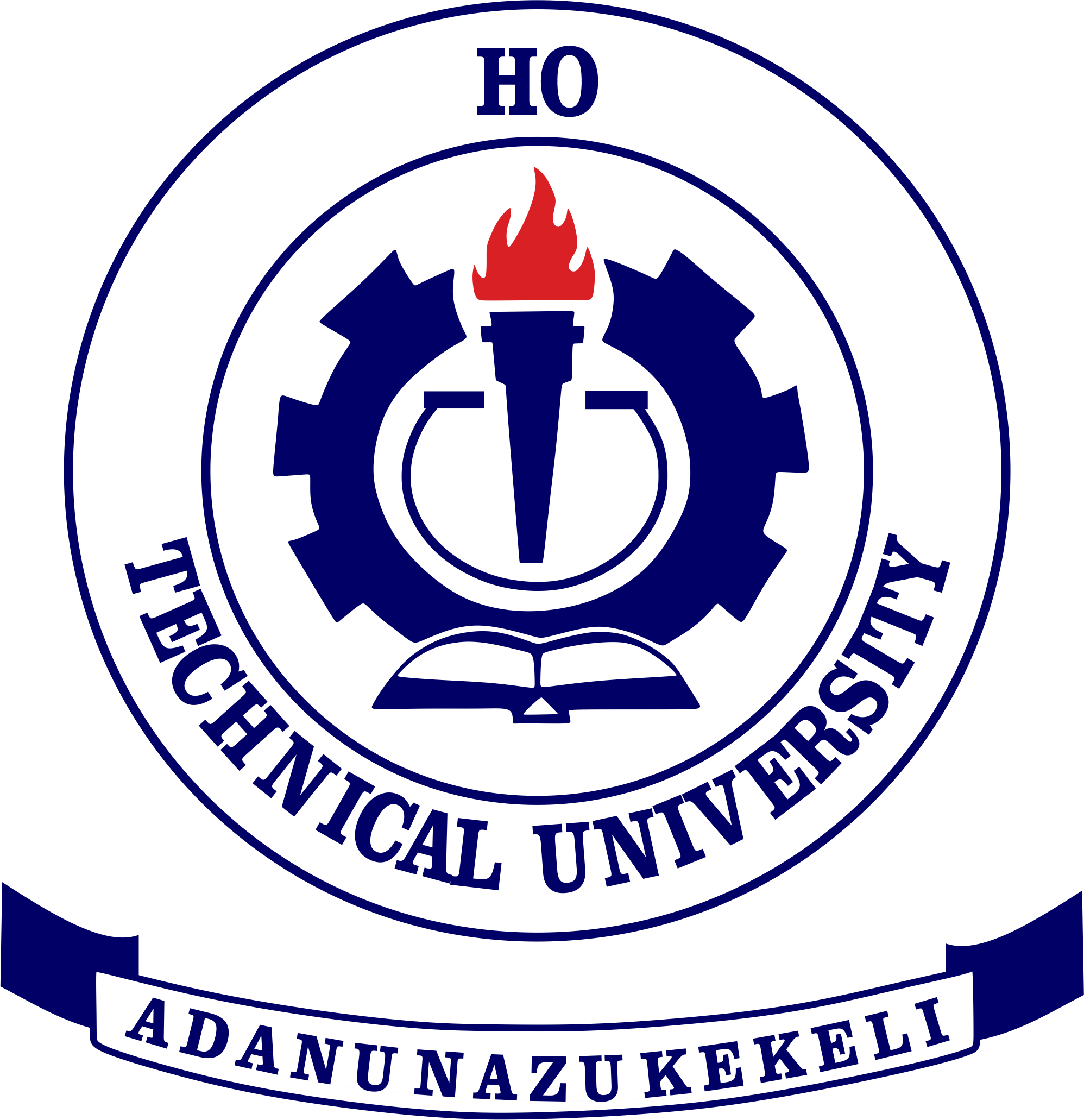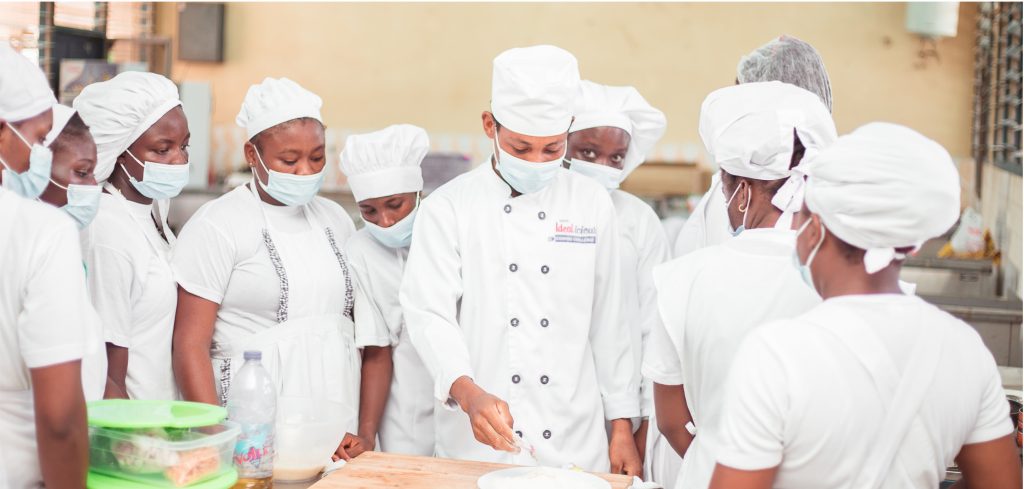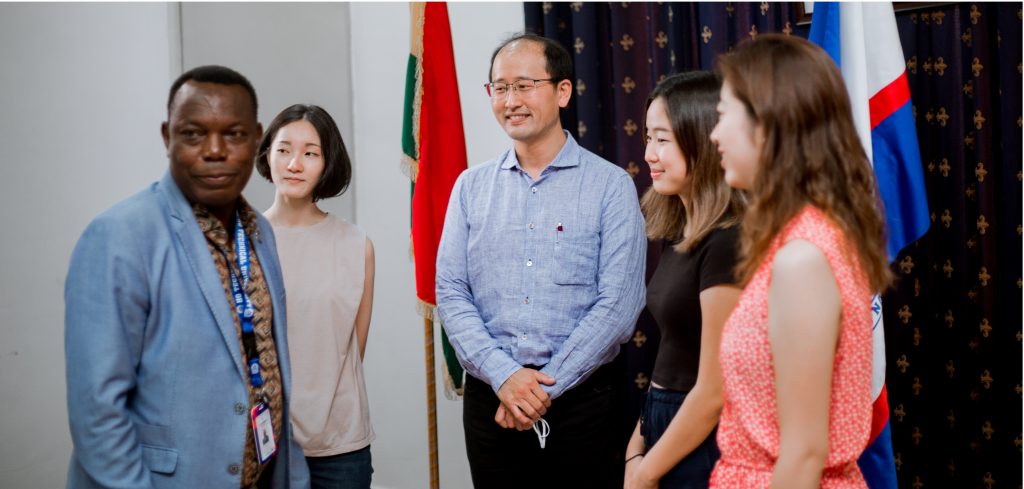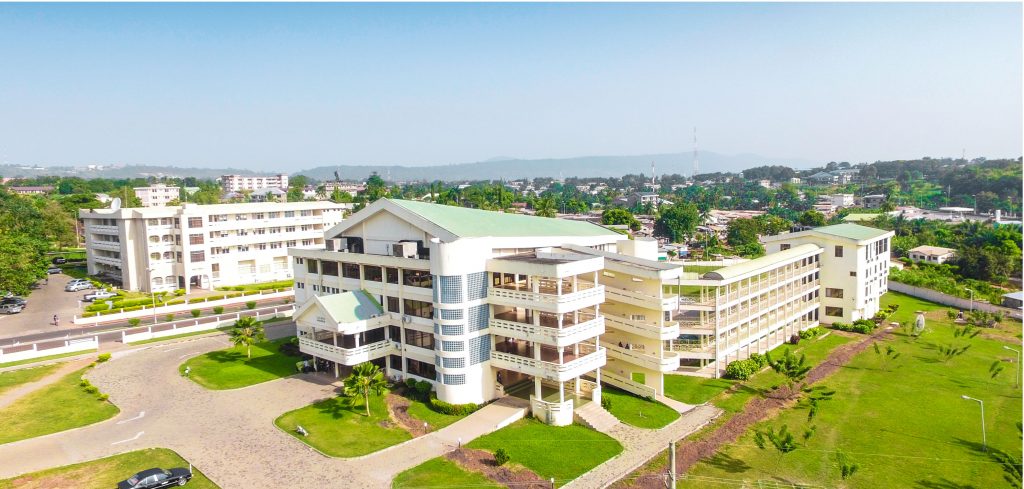The Minister for Food and Agriculture, Hon. Eric Opoku, has commended Ho Technical University (HTU) for its pioneering innovations in sustainable agriculture, particularly its breakthrough in reducing the gestation period of the baobab plant from 20–30 years to under three years.
He described the achievement as a model of applied research and urged the university to showcase its work at the upcoming National Farmers Day exhibition in Ho.
Hon. Opoku made the remarks at the Food, Agriculture, Technology and Sustainability (FATAS) Conference hosted by HTU under the theme “Rethinking the Future of Food and Its Allied Systems in an Era of Sustainability and Circularity.” He emphasized that agriculture remains one of the most lucrative ventures globally, citing data from the International Fund for Agricultural Development (IFAD) which shows that every dollar invested in sustainable agriculture yields $23 in returns, while investments in food nutrition and agricultural research yield $16 and $10 respectively. He expressed concern about negative perceptions formed in childhood, where students are often punished through weeding, reinforcing the false belief that farming is a form of discipline rather than a viable career.
The minister also highlighted that many of Ghana’s most influential leaders are active farmers, including President John Dramani Mahama, whom he described as the country’s biggest onion producer, and revealed that about 70% of Members of Parliament are engaged in farming. “Let’s take advantage of the huge agricultural potential that we have and develop our agriculture,” he appealed, urging the youth to tap into abundant resources for prosperity and national food security.
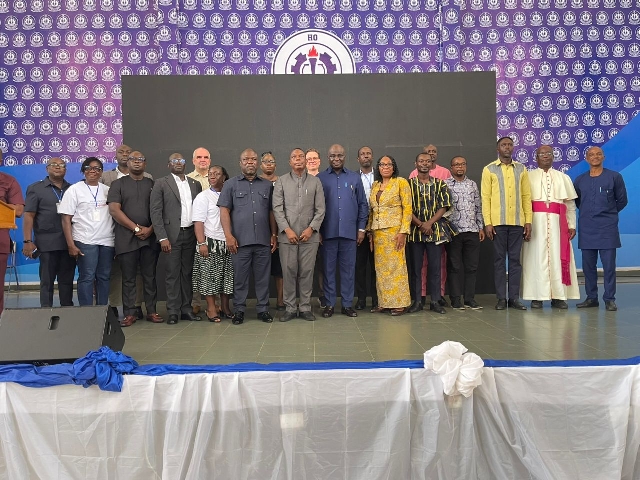
Vice-Chancellor, Professor Ben Q. Honyenuga, underscored the University’s commitment to transforming Ghana’s food systems through innovation. He highlighted HTU’s groundbreaking baobab research, which has attracted global attention and holds potential to support or even replace cocoa as a major economic crop. Experimental farms to scale the project have already been established in the Upper West Region, with food scientists extracting oil from baobab seeds comparable to olive oil.

Prof. Honyenuga further called on educational policymakers to integrate agricultural studies into core subjects at the basic and secondary school levels. He noted that HTU continues to excel globally, ranking among the top five universities in Ghana for quality education according to the Times Higher Education Impact Rankings.
The conference also featured distinguished keynote addresses that reinforced the Minister’s call for innovation and investment in agriculture. Professor Eric Yirenkyi Danquah of the University of Ghana delivered a thought‑provoking lecture on “From Genes to Generations: Rethinking Food Systems for Sustainable Africa,” urging heavy investment in agricultural research and challenging policymakers to treat agriculture as the backbone of the economy.
Professor (Mrs.) Ibok Nsa Oduro of the Kwame Nkrumah University of Science and Technology (KNUST) followed with a presentation on “The Future of Food: Innovations for Sustainable and Resilient Food Systems,” stressing value addition and preservation of indigenous crops, cautioning that “a nation that neglects its indigenous foods risks losing both heritage and resilience.”
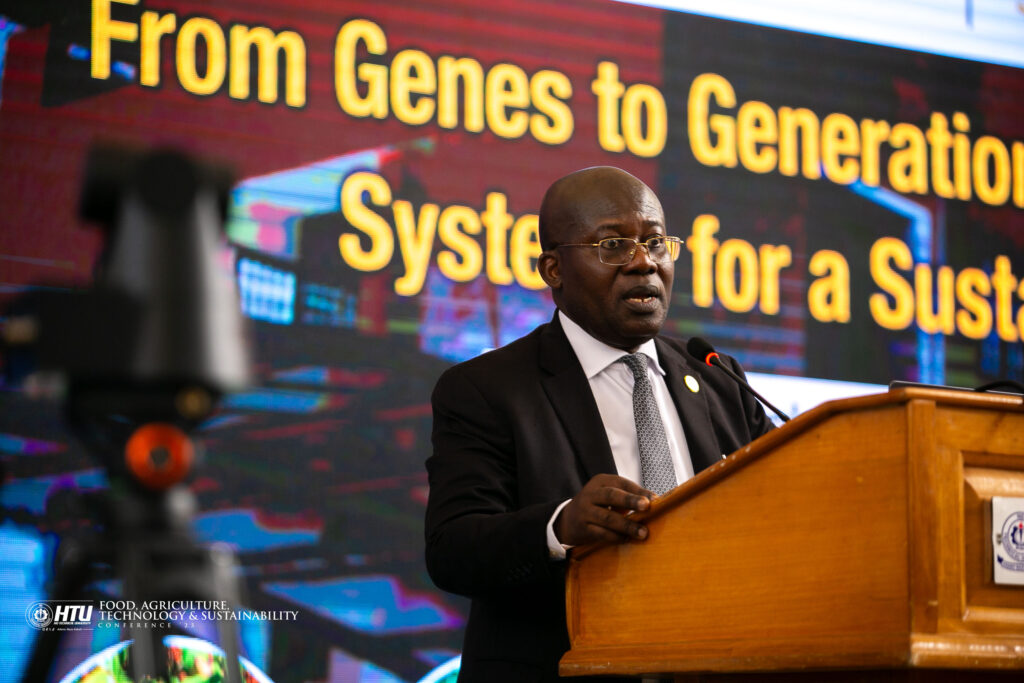
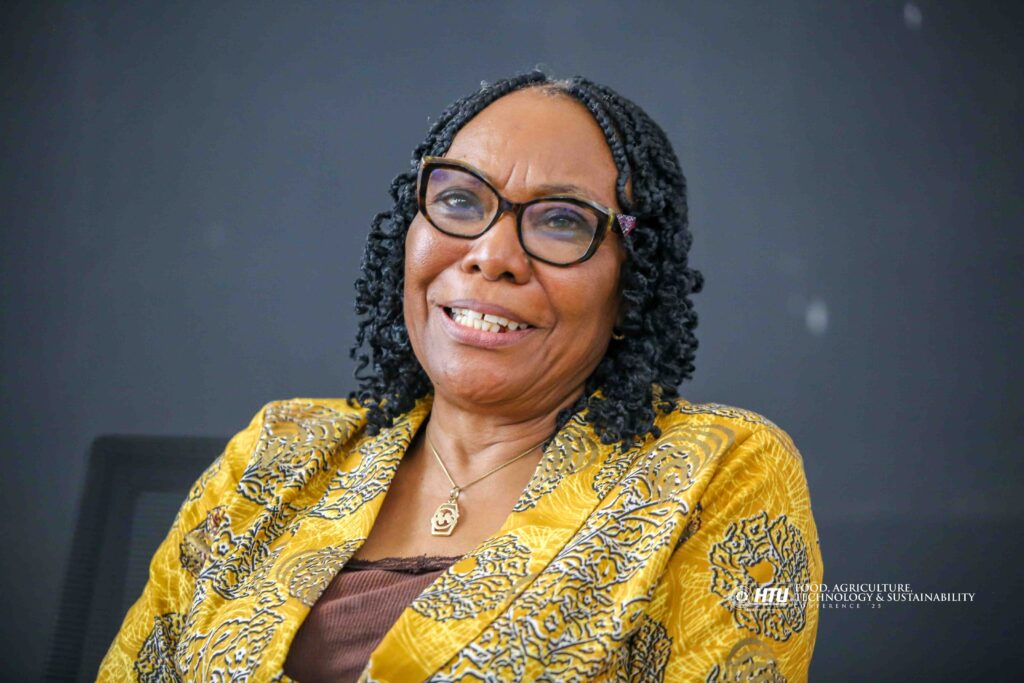
Professor Danquah further reinforced his message with a continental perspective, warning that hunger continues to rise even as Africa’s population expands rapidly, projecting that one in four people globally will be African by 2050. He lamented Africa’s minimal investment in science and technology, contributing only 2% of global research output, and cautioned that “we don’t eat potential.” He urged African leaders to adopt bold, science-driven policies, invest heavily in agricultural research, and prioritize climate-resilient crops. Drawing lessons from India, Brazil, and China, he emphasized that strategic scientific investments can transform food systems, create jobs, and drive economic growth, insisting that “investment in plant breeding pays.”
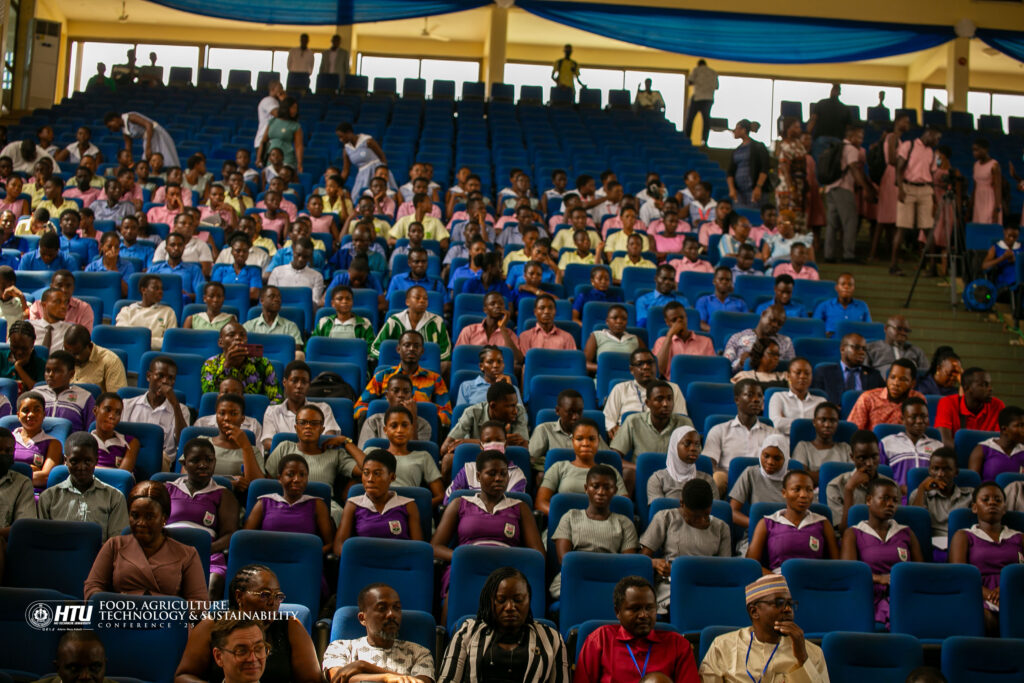
The FATAS Conference brought together policymakers, academics, researchers, students, and industry stakeholders to explore innovative approaches to securing the future of food in Ghana and beyond.

